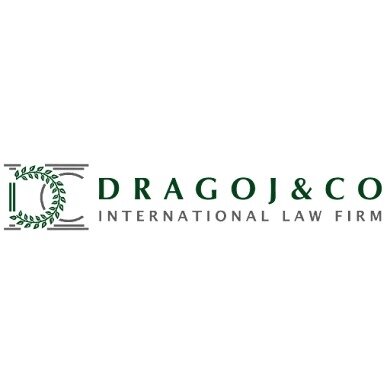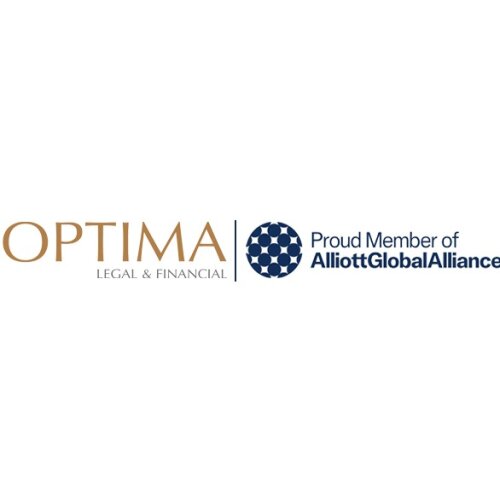Best Bad Faith Insurance Lawyers in Tirana
Share your needs with us, get contacted by law firms.
Free. Takes 2 min.
List of the best lawyers in Tirana, Albania
About Bad Faith Insurance Law in Tirana, Albania
Bad Faith Insurance laws in Tirana, Albania, are designed to protect policyholders from unlawful practices by insurance companies. Bad Faith Insurance happens when an insurance company fails to fulfill their obligations to their clients, such as wrongly denying a claim, delay in processing a claim, unfair settlement offer, etc. These practices are considered unethical and are strictly regulated by Albanian insurance law.
Why You May Need a Lawyer
Dealing with insurance matters can be complex and challenging. You may need a lawyer in situations where you believe your insurance company is not being honest or fair in the handling of your claim. Legal assistance can help in navigating regulatory complexities, drafting legal documents, and advocating on your behalf. Not only that, but a lawyer can also help you understand the scope of your insurance contract and thus recognize any potential incidiences of bad faith.
Local Laws Overview
Insurance in Albania is regulated by Law No. 10076, dated 12.02.2009 "On Compulsory Insurance within the Transport Sector" and the Law No. 52/2014 "On Insurance and Reinsurance in the Republic of Albania”. Additionally, Directive No.10, dated 13.02.2008 "On Actions and Sanctions Against the Violation of the Legislation in the Field of Insurance and Reinsurance" outlines measures against bad faith practices by insurance companies. The Financial Supervisory Authority is the main regulatory body overseeing the insurance industry in Albania.
Frequently Asked Questions
What constitutes bad faith insurance?
Bad faith insurance occurs when insurance companies deny claims without a proper reason, delay the claim processing, or provide unfairly low settlement offers. Any action that contradicts the fair dealing and good faith principles of an insurance contract can be considered bad faith.
Can I sue my insurance provider for bad faith?
Yes, you can sue your insurance company if you believe they’re acting in bad faith. However, you need to have substantial evidence to prove any wrongful behavior. Hiring a lawyer is strongly recommended in these cases.
What are the penalties for insurance companies convicted of bad faith practices?
Insurance companies in Albania found guilty of practicing bad faith can face numerous penalties, including heavy fines, sanctions, and loss of business license.
Can I handle a bad faith insurance case myself?
While you may try to handle a bad faith claim yourself, the complexity of the insurance laws and proving bad faith can make it difficult to manage without legal expertise.
How long does a bad faith insurance case take?
The duration of a bad faith insurance case varies depending on the complexity of the case and the evidence available.
What are the common signs of bad faith insurance?
Common signs include denial of claim without cause, undue delay in claim processing, disregard for claim investigation, misleading policy language, and offering inadequate compensation.
Additional Resources
The Financial Supervisory Authority is a valuable resource for understanding Albania’s insurance industry and its legal framework. Other bodies like the Albanian Insurance Association provide valuable resources to consumers. Legal aid organizations and local law libraries can provide assistance and informational material as well.
Next Steps
If you suspect your insurer is acting in bad faith, documenting all interactions and seeking legal counsel early is crucial. Look for local lawyers specialized in insurance law. They can guide you towards the best course of action to protect your rights.
Lawzana helps you find the best lawyers and law firms in Tirana through a curated and pre-screened list of qualified legal professionals. Our platform offers rankings and detailed profiles of attorneys and law firms, allowing you to compare based on practice areas, including Bad Faith Insurance, experience, and client feedback.
Each profile includes a description of the firm's areas of practice, client reviews, team members and partners, year of establishment, spoken languages, office locations, contact information, social media presence, and any published articles or resources. Most firms on our platform speak English and are experienced in both local and international legal matters.
Get a quote from top-rated law firms in Tirana, Albania — quickly, securely, and without unnecessary hassle.
Disclaimer:
The information provided on this page is for general informational purposes only and does not constitute legal advice. While we strive to ensure the accuracy and relevance of the content, legal information may change over time, and interpretations of the law can vary. You should always consult with a qualified legal professional for advice specific to your situation.
We disclaim all liability for actions taken or not taken based on the content of this page. If you believe any information is incorrect or outdated, please contact us, and we will review and update it where appropriate.













